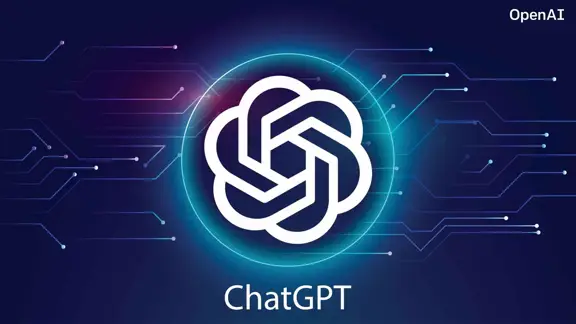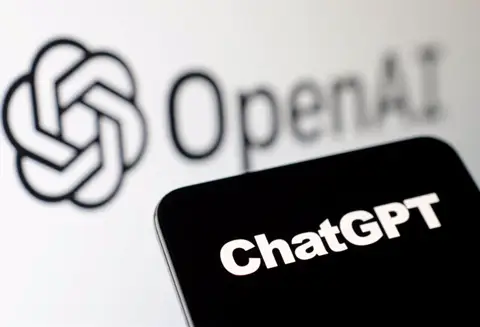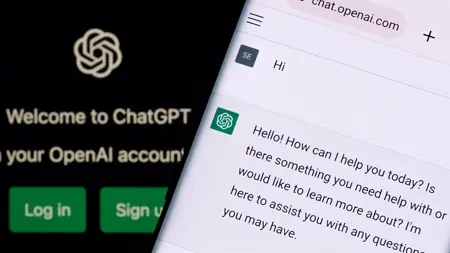Unlocking Efficiency and Productivity: ChatGPT Use Cases for Talent Acquisition
Artificial intelligence (AI) technology has revolutionized various industries, and talent acquisition is no exception. Professionals in the recruitment field are continuously exploring ways to leverage AI tools like ChatGPT, Google Bard, and Microsoft's Bing-connected AI tool to augment their efforts and enhance efficiency and productivity.
While these AI tools are not meant to replace humans, they serve as valuable tools for talent teams to streamline their processes and improve outcomes. In this article, Aniday will explore seven ChatGPT use cases for talent acquisition professionals, helping them unlock greater efficiency and productivity in their recruiting efforts.
Understanding ChatGPT for Talent Acquisition

Before delving into the specific use cases, it is essential to familiarize ourselves with ChatGPT and how it can be leveraged in recruitment activities. ChatGPT utilizes machine learning and natural language processing functionalities to provide accurate and relevant responses to queries. To make the most of this AI tool, it is recommended to play around with ChatGPT, experiment with different prompts, and train the model to generate the best output. OpenAI's tutorials and external resources can provide valuable insights into ChatGPT's best practices and functionality.
Use Case 1: Screening Resumes for Applicants
Screening resumes is a time-consuming task for talent acquisition professionals. Leveraging AI tools like ChatGPT can help streamline this process. While Lever customers already benefit from features like Fast Resume Review, which parses resumes based on knockout questions, ChatGPT can further enhance this process. For example, if you need to fill a customer service role, you can prompt ChatGPT to list the ideal traits of a successful ecommerce customer service representative. This can assist in identifying qualified applicants efficiently.
Use Case 2: Writing Impactful Job Descriptions
Crafting impactful job descriptions is crucial for attracting top talent. While hiring managers' input is valuable, ChatGPT can provide additional insights. By examining job descriptions from other organizations, ChatGPT can identify common impact-related job expectations. For instance, you can prompt ChatGPT to write a marketing director job description that explains what the chosen candidate is expected to accomplish in their first 30, 60, and 90 days on the job. This can help align job descriptions with business objectives and attract the right candidates.
Use Case 3: Using Inclusive Language in Job Postings
Diversity, equity, and inclusion (DEI) are essential considerations in talent acquisition. Job postings play a crucial role in attracting a diverse pool of candidates. However, the language used in these postings can unintentionally deter certain groups. ChatGPT can assist in creating inclusive job messaging by identifying gendered and exclusive terms that should be avoided and recommending inclusive language alternatives. Prompting ChatGPT to research gendered language employers should avoid using in job descriptions can help promote diversity and inclusivity in recruitment efforts.
Use Case 4: Crafting Compelling Email Messaging

Personalized and engaging communication is key to effective candidate engagement. ChatGPT can aid in crafting compelling email messaging by generating drafts of emails based on sourced leads' background information. By leveraging the details from candidates' LinkedIn profiles, ChatGPT can help talent acquisition professionals create initial touchpoints for cold outreach. Additionally, ChatGPT can assist in developing email templates for rejecting previously engaged and interviewed candidates, ensuring a compassionate and respectful tone.
Use Case 5: Enhancing the "About Us" Page Copy
The "About Us" page on a company's website provides valuable information about its mission, values, and culture. ChatGPT can evaluate a company's business and online presence to recommend improvements for the "About Us" page. By understanding the company's mission statement and value proposition, ChatGPT can assist in crafting copy that effectively conveys this information to potential job seekers. This use case can be extended to other important pages on the brand site as well.
Use Case 6: Developing Customized Interview Questions
Interview questions play a crucial role in assessing candidates' suitability for specific roles. While talent specialists and hiring managers collaborate to refine interview questions, certain positions may require more specialized inquiries. ChatGPT can provide insights into the core responsibilities and attributes of specific roles, enabling talent acquisition professionals to develop tailored interview questions. For example, by prompting ChatGPT to list ten interview questions for full-stack engineer job candidates, you can ensure a comprehensive assessment process.
Use Case 7: Analyzing Data to Build Narrative
Data-driven recruiting efforts require contextual analysis to draw meaningful insights. While AI tools cannot provide the human touch, they can assist in comparing a company's recruitment data with industry benchmarks. ChatGPT, when provided with relevant data, can analyze it in comparison to other organizations' hiring-related averages. This allows talent acquisition professionals to understand their performance in terms of quality of hire, candidate experience, and hiring process efficiency. By building narratives around these insights, talent teams can make data-backed decisions.
Conclusion

ChatGPT offers immense potential for talent acquisition professionals to enhance efficiency and productivity in their recruitment efforts. By leveraging this AI tool, recruiters can streamline resume screening, craft impactful job descriptions, use inclusive language in job postings, create compelling email messaging, improve website copy, develop customized interview questions, and analyze data to build narratives. While AI tools like ChatGPT cannot replace human recruiters, they serve as valuable assistants, augmenting human efforts and enabling talent teams to achieve their recruitment goals effectively. Embracing AI in recruitment tactics, alongside a comprehensive talent acquisition suite, can drive success in the modern recruitment landscape.
Aniday's HR Services
Headhunting Service
Find and recruit quality candidates in just 1 week! Supported by 40,000 experienced headhunters in IT, Finance, Marketing… capable of recruiting in any region.
Headhunting Service ➔Employer of Record (EOR) Service
On behalf of your business, we recruit employees and handle payroll without the need to establish a company in markets such as Vietnam, Singapore, Malaysia, India, Indonesia…
Employer of Record (EOR) Service ➔